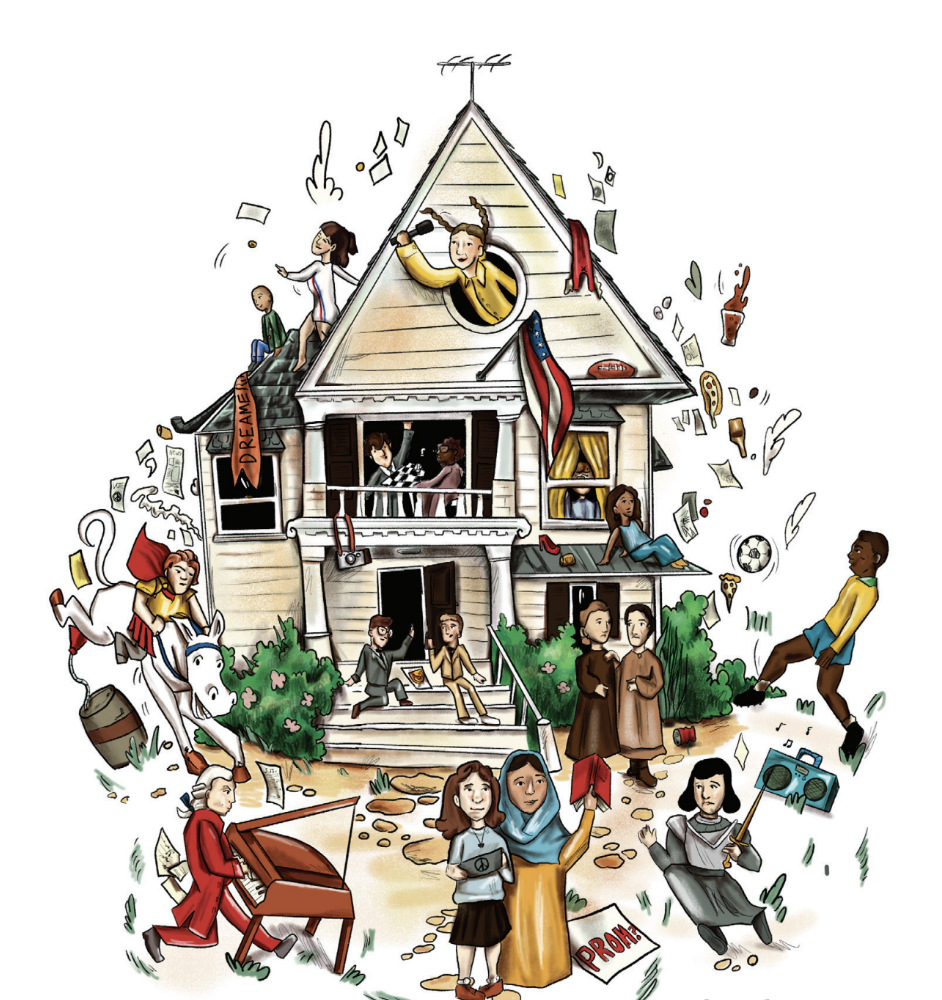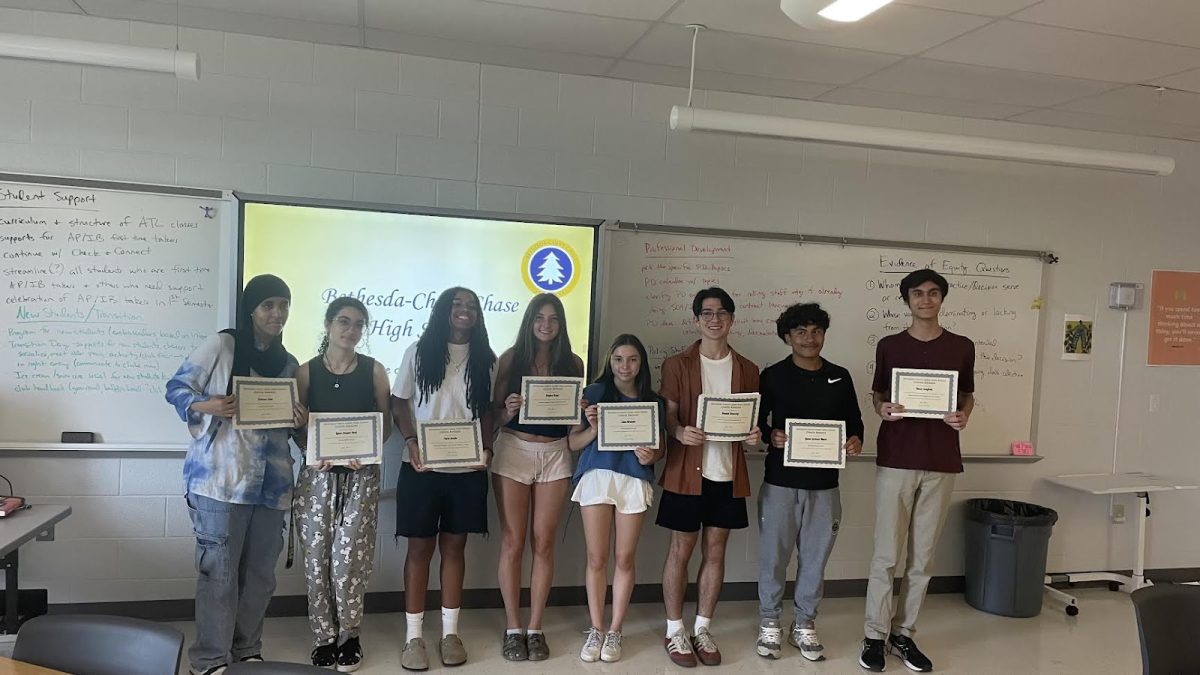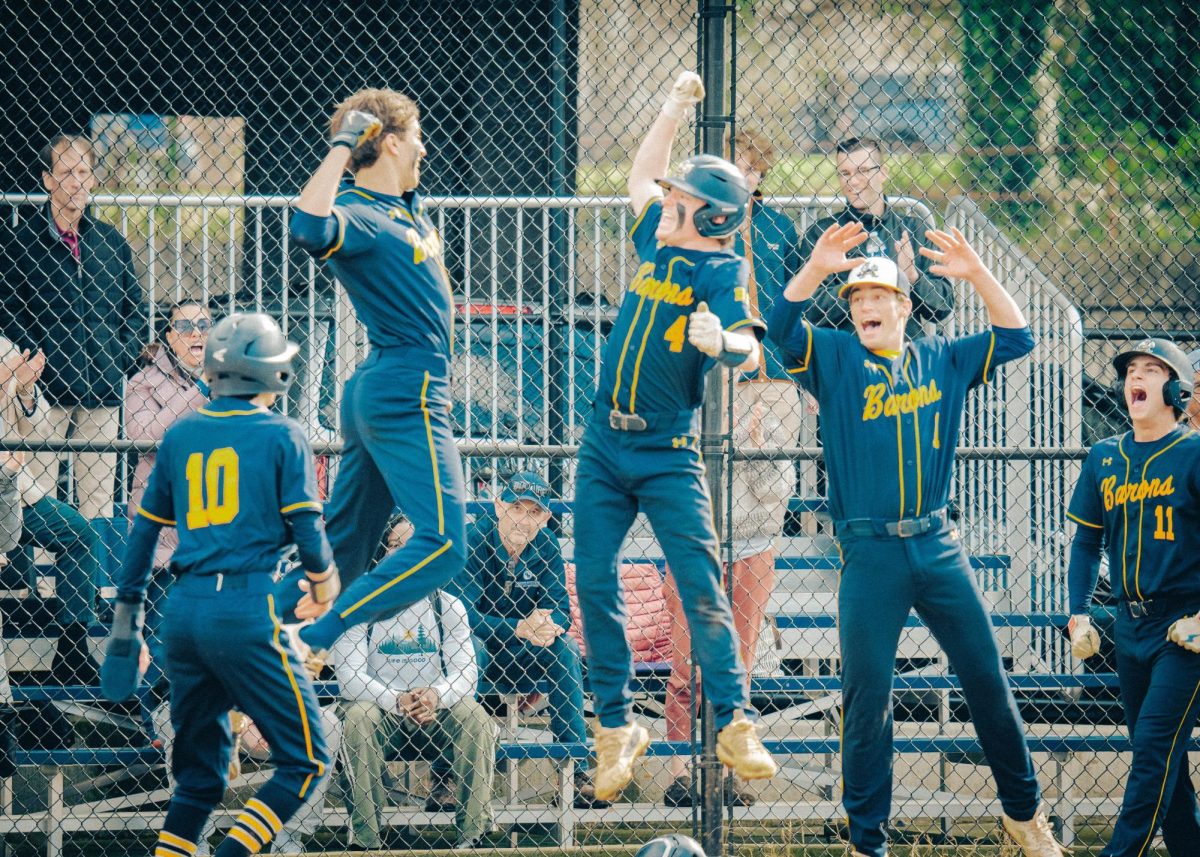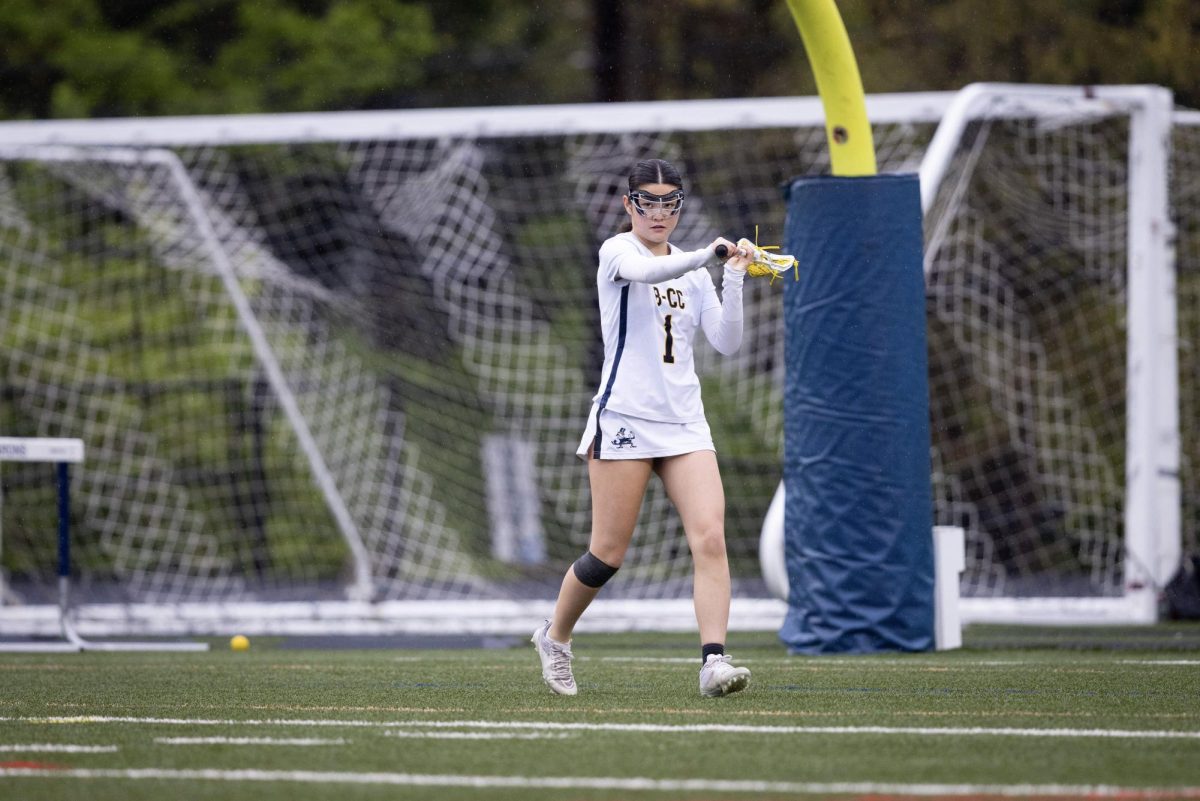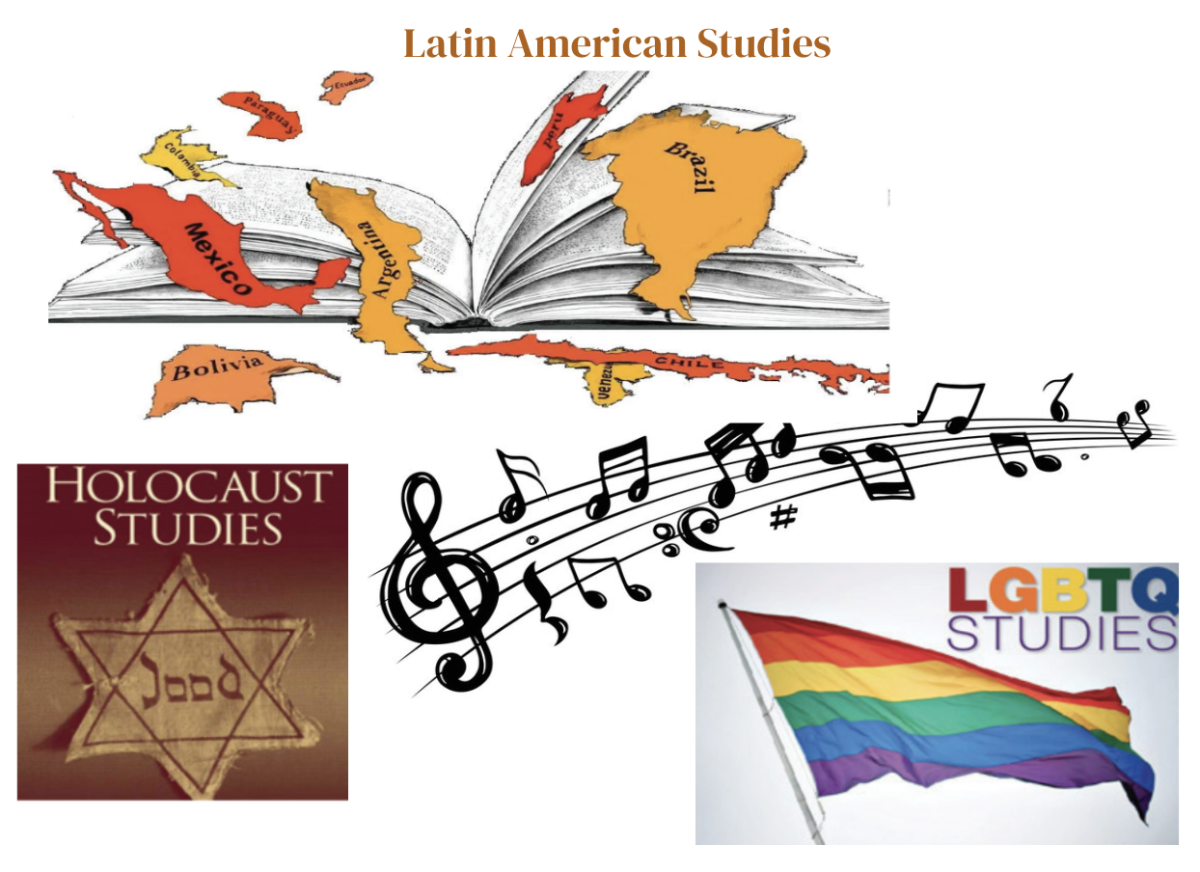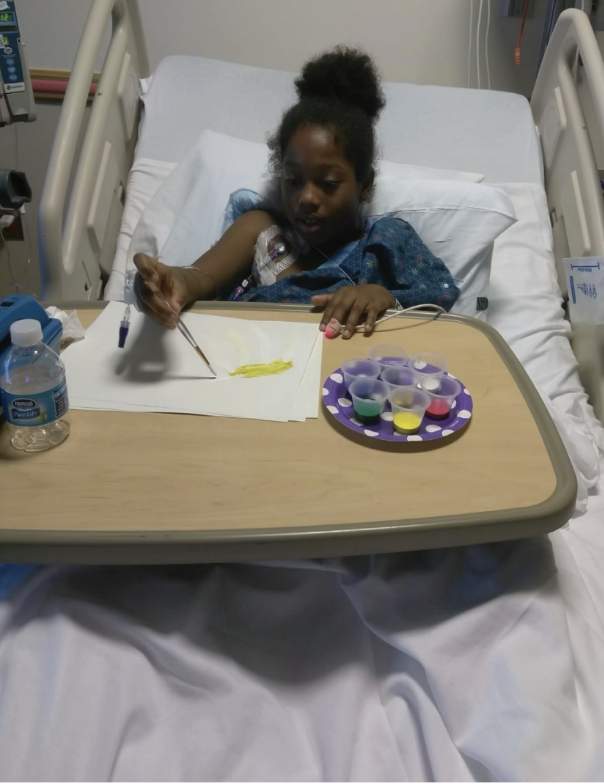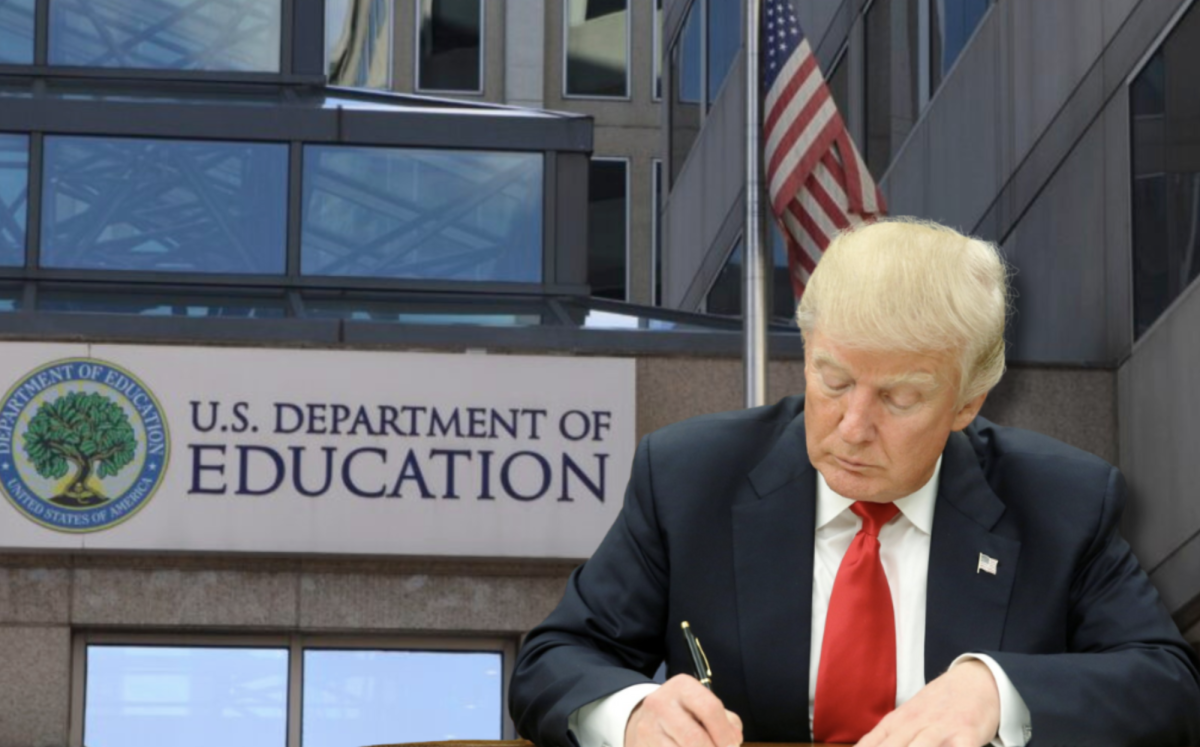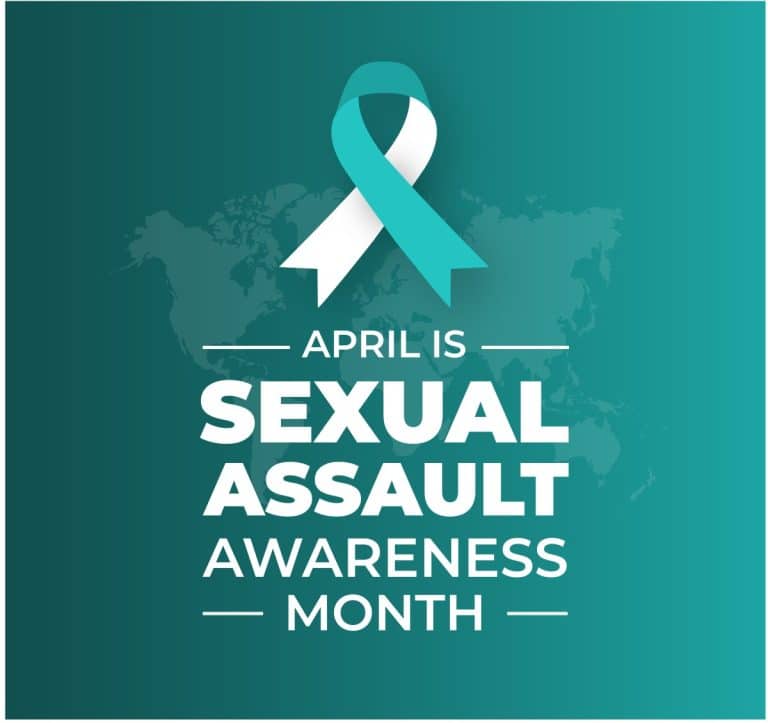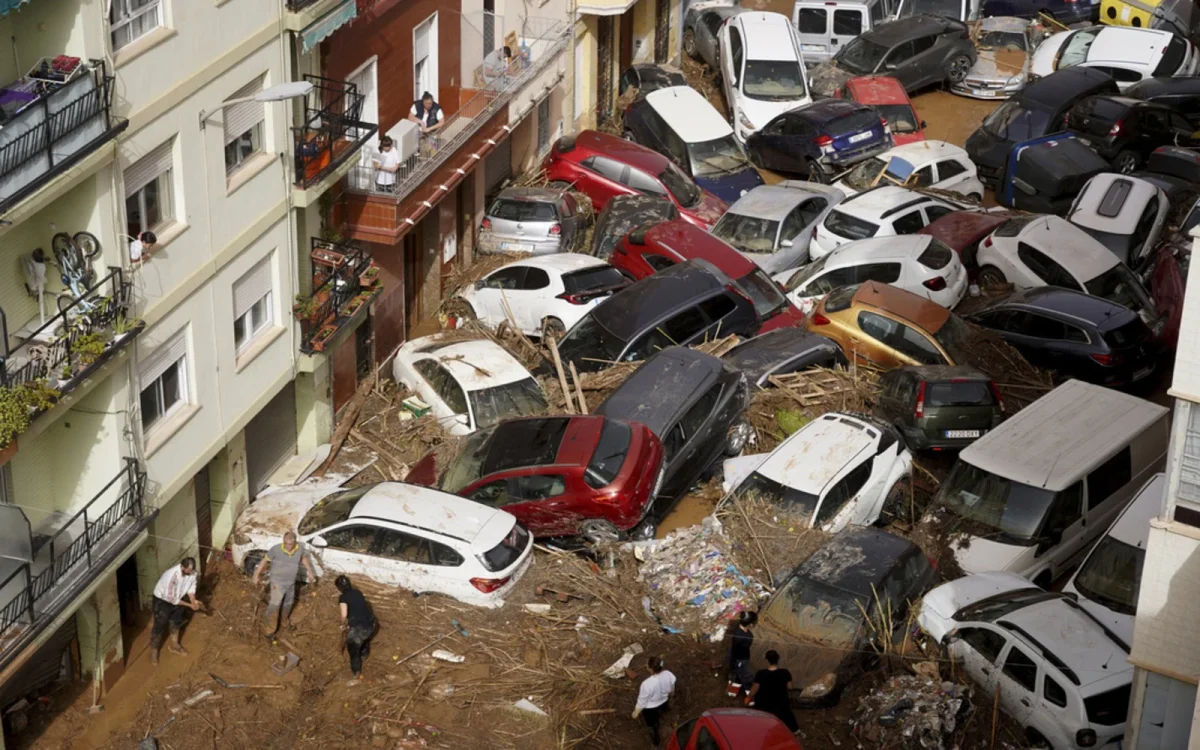“I hoped and prayed that none of the people who passed had been any of my relatives or close friends,” said sophomore, Samuel Aritmendiz. He was among the hundreds of people impacted by the disastrous floods that recently rampaged through the streets in eastern Spain. Besides physical destruction, the emotional toll of the floods has been severe, with communities now grappling not only with the loss of their homes but also residual trauma.
On October 29, heavy rainfall resulting from a high-altitude isolated low-pressure system delivered more than a year’s worth of rain to various regions, including Valencia, Castilla-La Mancha, and Andalusia. In a span of minutes, flash floods brought on by the intense rainfall washed away nearly everything in their path. This left people stuck in cars, houses, and buildings with no time to react: thousands of livelihoods were destroyed, and many people died. According to AP News, by the end of the first week following the disaster, authorities had recovered 219 bodies, but many more people remain unaccounted for, and the death toll has steadily risen since. “[When the authorities would check the cars] before moving them, the worst part would be that they had ensure that there weren’t any cadavers inside. Sadly, many of the cars were inhabited by trapped citizens who never made it out,” shared Aritmendiz.
Lucía Bermúdez, a junior from Valencia, said that her hometown was fortunate enough to avoid the worst of the flooding, but nearby areas, suffered greatly. While her family remained safe, Bermúdez knew of far too many people who were severely impacted by the flood.
A close family friend named Jaime, returning home from work, found himself caught on the highway as the floodwaters suddenly rose. With no warning of the severity of the storm, Jaime had no choice but to climb on top of his car to escape the water. Many others were also stranded with him, being forced to spend the night perched atop a truck until help arrived. Bermúdez knew of several others who faced even worse circumstances, as in neighboring towns, entire communities were submerged, leaving countless families without homes or access to basic resources. “Essentially everything that they would have done on a regular basis was destroyed,” commented Bermúdez.
It has been reported that the lack of timely warnings and the intensity of the storm caught many off guard, making the aftermath a struggle for survival. In the hardest-hit areas, rescue operations were delayed due to the scale of the disaster, and numerous residents were left without food, clean water, or medical assistance for days. There are many who believe the government could have managed the situation much better. “The people of Valencia, as well as Spain as a whole were very disappointed and furious at the government. [They] had overlooked the storms and the floods as small as rainstorms, and [only] alerted the citizens [once] they were overcome by the raging waters,” said Aritmendiz.
As a matter of fact, on November 3rd, King Felipe VI, Queen Letizia, Pedro Sánchez, the Spanish prime minister, and Carlos Mazón, the Valencian regional president, visited Paiporta, one of the most affected areas in Valencia. Upon their arrival, they were greeted by an angry crowd, who pelted mud and rocks at them as they expressed their indignation at the poorly coordinated regional and national government response. “Stop talking and pick up a f***ing shovel,” was one of the numerous comments made by the angered individuals (according to The Times). This extreme indignation ultimately led to a series of protests across the country, which were described as coming close to spiraling out of control, as officials struggled to restore order.
However, in the face of adversity, the community united to rebuild their lives and to help others. From going door to door to offer assistance, to shoveling buckets full of mud, the phrase el pueblo salva al pueblo (the people save the people) resonated as neighbors came together to accomplish what the government had failed to do. This powerful show of solidarity contrasts with the institutions that are widely mistrusted by the public today – as well as with the far right’s efforts to manipulate the disaster for political advantage. “Even when the government isn’t there for the citizens, the citizens have to unite in the face of death and fight back,” said Aritmendiz.
The devastation caused by the flood was not just a tragedy for the individuals who experienced it firsthand, but a reminder of the vulnerability that rises from natural disasters. The recovery process is still happening, and the road ahead remains uncertain for many of those who were affected.



